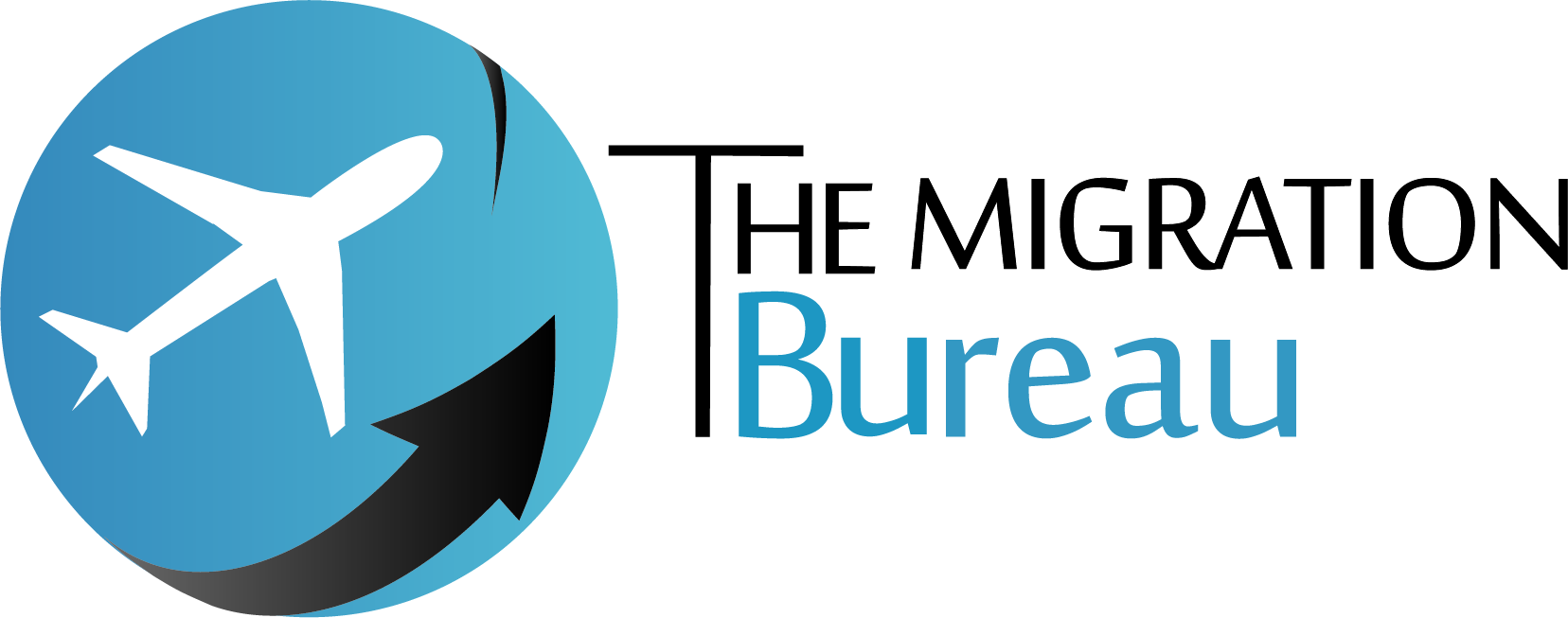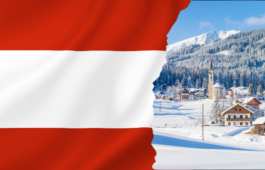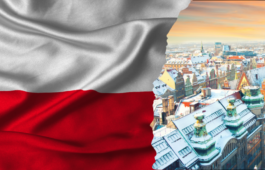The spread of the virus causes many Polish companies to experience problems, especially in financial terms. This can lead to company bankruptcies and, as a result, also redundancies. Polish government support entrepreneurs, including social entrepreneurs, which aim to secure jobs and employees’ income
- 16 April 2020
- Daria Zawadzka
- No Comments

Anti-crisis shield: support for entrepreneurs in Poland
The anti-crisis shield was signed by the President on March 31, 2020. Its goal is, among others protection of entrepreneurs and employees against the effects of the COVID-19 coronavirus epidemic. The most important solutions include, first of all, exemption from the payment of ZUS contributions for a period of 3 months, standstill benefits for entrepreneurs and employees based on civil law contracts, suspension of advance payments for taxes and postponement of tax settlement dates. Let’s check what solutions the government has introduced as part of the anti-crisis shield.
Anti-crisis shield and exemption from ZUS contributions for 3 months (March-May 2020)
According to the original assumption, assistance in the scope of ZUS contribution fees was only to defer payment for a period of 3 months. After this time, entrepreneurs would be forced to settle their obligations towards ZUS. Such a solution during the crisis is insufficient. The anti-crisis shield introduced a new type of relief, i.e. exemption from ZUS for a period of 3 months. However, the aid will not cover all entrepreneurs.
The rules for using the exemption from paying ZUS contributions are presented
Protection of jobs in companies most affected by the epidemic
The new JPK 2020 – what will change and how to prepare?
Corporate loan consolidation – as a way to pay one installment!
Overdraft – a method of financing business activity
The provisions of the anti-crisis shield introduce a number of solutions aimed at protecting jobs in enterprises most affected by the epidemic. The most important are:
co-financing of employees’ salaries in connection with the reduction of working time, i.e. a reduction of 20% in full-time employment – then the co-financing amounts to 40% of the average remuneration;
co-financing of remuneration in connection with the economic downtime of employees – reduction of remuneration by no more than 50%, while the remuneration may not be lower than the minimum remuneration for work – then the subsidy is 50% of the minimum remuneration.
Parking benefit for entrepreneurs and employees under civil law contracts
In such a difficult time, the government supports both the so-called entrepreneurs themselves self-employed as well as persons working under civil law contracts (e.g. contracts for specific work, commission, agency). The value of such a benefit may be up to PLN 2,080.
Additional care allowance for the entrepreneur and employee
The crisis shield also supports its parents by introducing additional care allowance. This solution is dedicated not only to employees, but also to entrepreneurs who can apply for special benefits from ZUS for the duration of care in connection with the closing of educational institutions (schools, kindergartens and nurseries). Additional care allowance is granted to persons who jointly meet two conditions:
look after a child under 8 years old,
are covered by sickness insurance.
This benefit amounts to 80% of the allowance basis for each day indicated in the statement.
Micro loan up to PLN 5,000 from the employment office
The anti-crisis shield package introduces the possibility for entrepreneurs to use loans from PUPs for micro-entrepreneurs. The maximum loan amount you can apply for is 5000 PLN. After fulfilling certain conditions, the entrepreneur may apply for the redemption of the loan.
Suspension of tax advances collection
The legislator met the expectations of entrepreneurs employing employees and, as part of the anti-crisis shield, extended the payment deadline for employees’ income tax (PIT-4). In the case of tax advances collected in March and April 2020, the entrepreneur can pay by June 1, 2020.
In the case of advance payments for income tax due to business operations, the legislator did not foresee explicitly intended solutions under the anti-crisis shield, however, in this case entrepreneurs may use the current legal regulations.
Exclusion from the application of the bad debt relief in PIT
Starting from January 2020, tax regulations regarding the so-called relief for bad PIT debts, which aims to counteract payment gridlocks. Nevertheless, due to the current economic situation, which is a consequence of the COVID-19 epidemic, the government has decided to change the regulations a bit. Thus, it supports entrepreneurs who have been significantly affected by the effects of a pandemic. Taxpayers were exempted from the obligation to increase their income if they did not pay the liability within 90 days from the date of expiry indicated on the invoice or contract. This exemption does not apply to all taxpayers, several conditions must be met in order for the new preferences to be applied.
Reverse settlement of the incurred loss
The anti-crisis shield allows you to deduct tax loss backwards. This solution is intended for taxpayers who in 2020:
suffered a loss on non-agricultural business activity and
obtained total revenues from non-agricultural economic activity lower by at least 50% compared to the revenues obtained in 2019.
Postponement of tax settlement dates and obligations for entrepreneurs
The anti-crisis shield facilitates postponement of tax deadlines and obligations in the areas of, among others:
PIT and CIT annual statements for 2019
JPK_VAT with the declaration
new matrix of VAT rates
submitting a notice of payment to an account not included in the white list
submitting the IFT-2R declaration
PPK for medium companies
registration to CRBR.
Credit repayment assistance for small and medium enterprises
Among the solutions supporting entrepreneurs in the era of coronavirus, we can also distinguish assistance in repayment of loans for small and medium-sized companies. The aid consists in granting de minimis guarantees for loan repayments and is to be in force until the end of 2020. However, it should be remembered that some industries, such as e.g. fishing, aquaculture or basic agricultural production have been excluded from the possibility of using this type of support.
Faster VAT refund for selected industries – 15 days
This solution was not directly included in the legal regulations of the anti-crisis shield. Nevertheless, the government assures that it has turned to KAS (National Tax Administration) for good practices regarding faster VAT refunds for some industries.










